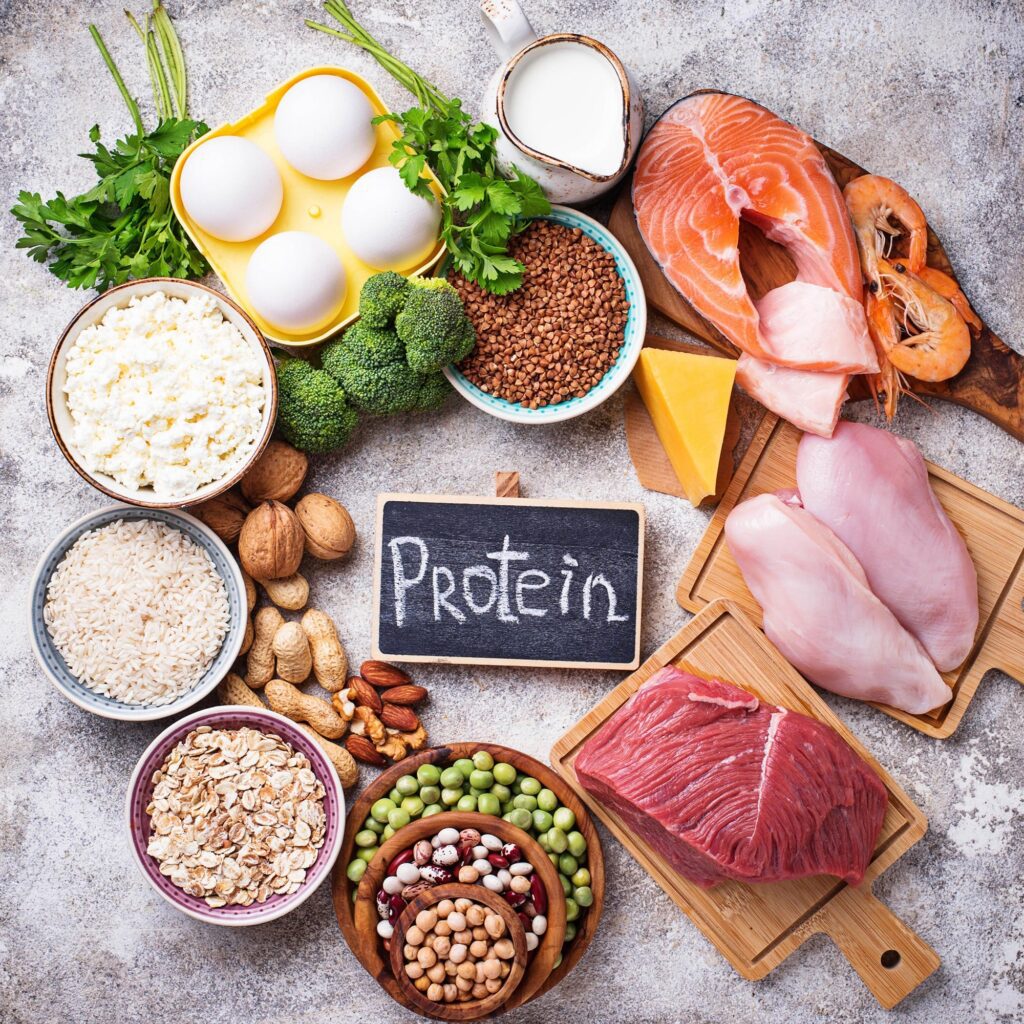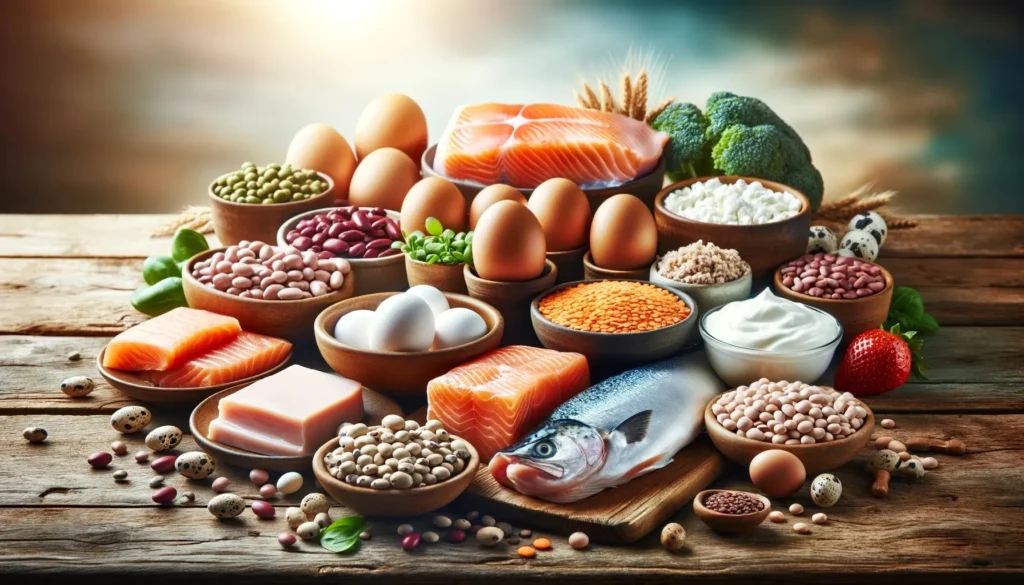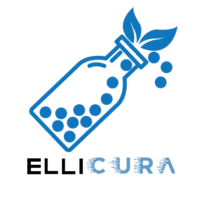Protein-Rich Foods : Energize Your Life

Feeling sluggish or lacking energy? It might be time to incorporate more protein-rich foods into your diet! Protein is the building block of life, crucial for everything from muscle growth to a healthy metabolism. By adding a variety of protein-rich foods to your meals, you can experience a surge of energy, improved health, and a body that functions at its best.
Understanding Protein
What Is Protein?

Proteins are complex molecules made up of smaller units called amino acids. There are 20 different types of amino acids, and the specific sequence in which they are linked determines the unique function of each protein. This versatility allows proteins to play a vital role in nearly every bodily process.
Why Is Protein Important?
Protein is essential for keeping your body’s systems running smoothly. Here are some key reasons why protein is crucial:
- Building and Repairing Tissues: Proteins form the structural framework of muscles, skin, bones, and organs. They are essential for growth, health, and tissue repair.
- Catalyzing Biochemical Reactions: Enzymes, which are specialized proteins, speed up chemical reactions in the body, aiding in digestion, metabolism, and cellular respiration.
- Regulating Hormones: Some proteins function as hormones, delivering chemical messages that control various physiological functions. For example, insulin regulates blood sugar levels, while growth hormone oversees growth and development.
- Transporting and Storing Molecules: Proteins like hemoglobin transport essential molecules like oxygen in the blood. Others serve as storage proteins, holding minerals and nutrients for future use.
- Immune Function: Antibodies, which are proteins produced by the immune system, recognize and neutralize foreign invaders, helping to prevent infections.
Sources of Protein
Animal Sources of Protein
- Meat: Beef, pork, lamb, and poultry (chicken, turkey) are rich in protein and provide essential elements like iron and zinc.
- Fish: Salmon, tuna, trout, and other fatty fish are high in protein and contain healthy omega-3 fatty acids.
- Eggs: Eggs are a complete protein source, containing all the essential amino acids.
- Dairy: Milk, cheese, yogurt, and other dairy products are protein-rich and provide calcium and other vitamins and minerals.
- Seafood: Shrimp, crab, lobster, and other shellfish are low in fat and high in protein, containing essential nutrients like iodine and selenium.
Plant-Based Sources of Protein
- Legumes: Beans (such as black beans, kidney beans, and chickpeas), lentils, and peas are excellent sources of plant protein and are high in fiber, vitamins, and minerals.
- Soy Products: Tofu, tempeh, and edamame are protein-rich and contain all the essential amino acids, making them versatile ingredients in vegetarian and vegan cooking.
- Nuts and Seeds: Almonds, peanuts, walnuts, chia seeds, and hemp seeds are packed with protein, healthy fats, and various vitamins and minerals.
- Whole Grains: Quinoa, brown rice, oats, and barley are rich in complex carbohydrates and contain significant amounts of protein.
- Vegetables: Certain vegetables, such as spinach, broccoli, Brussels sprouts, and peas, have notable amounts of protein, especially when consumed in larger quantities.
How Much Protein Do You Need?
The amount of protein required varies based on age, sex, weight, activity level, and overall health. Here are some general guidelines:
Adults:
- Sedentary individuals: About 0.8 grams of protein per kilogram of body weight per day.
- Active individuals: Between 1.2 to 2.0 grams of protein per kilogram of body weight per day.
Older Adults:
- Slightly higher protein needs to support muscle maintenance and prevent age-related muscle loss (sarcopenia). Aim for about 1.0 to 1.2 grams per kilogram of body weight per day.
Athletes:
- Endurance athletes: Between 1.2 to 1.4 grams per kilogram of body weight per day.
- Strength athletes: Between 1.6 to 2.2 grams per kilogram of body weight per day.
Children and Adolescents:
- Infants: About 1.5 grams of protein per kilogram of body weight per day.
- Children and adolescents: Between 0.95 and 1.6 grams of protein per kilogram of body weight per day, depending on age and growth rate.
Conclusion
Protein is essential for everything from building muscles to regulating hormones. Including a variety of protein-rich foods in your diet is key to maintaining a strong and healthy body. Whether you are an athlete, a growing child, or someone simply aiming for overall well-being, ensuring you get enough protein is crucial. So, take charge of your health by adding diverse sources of protein to your meals and enjoy the benefits of a well-functioning body.





